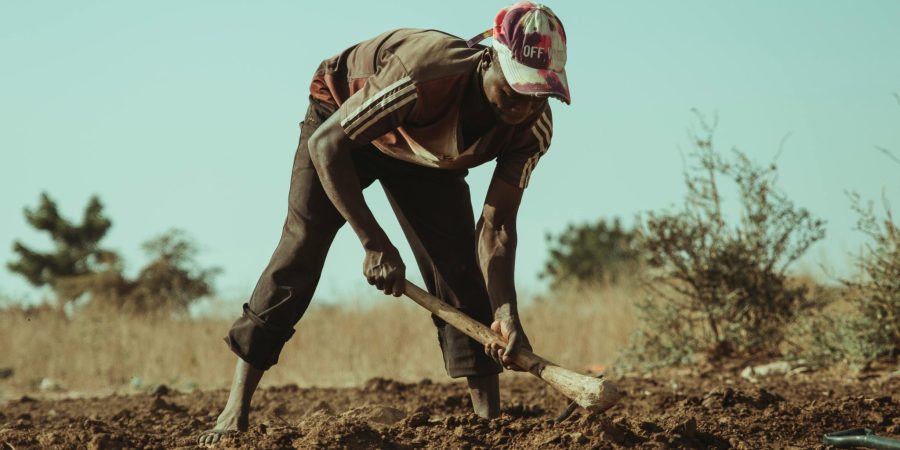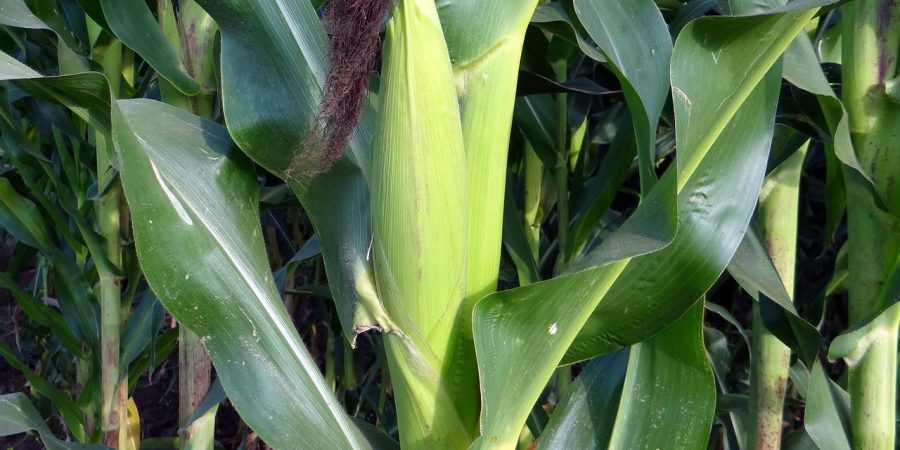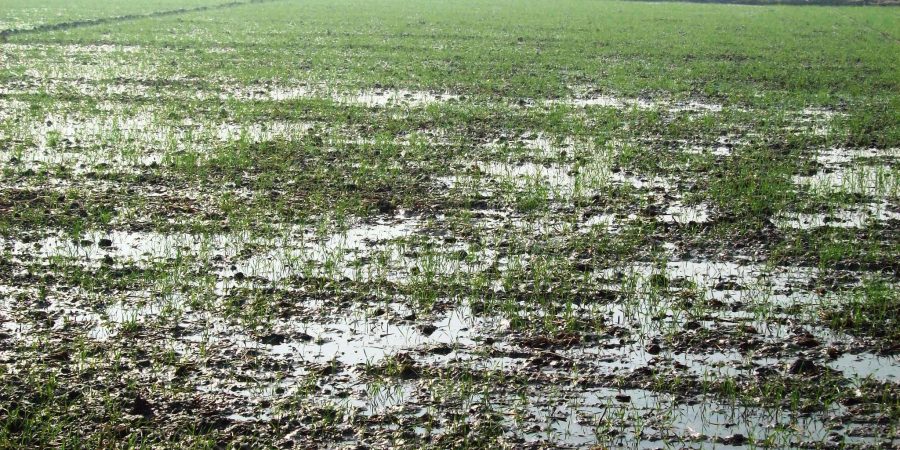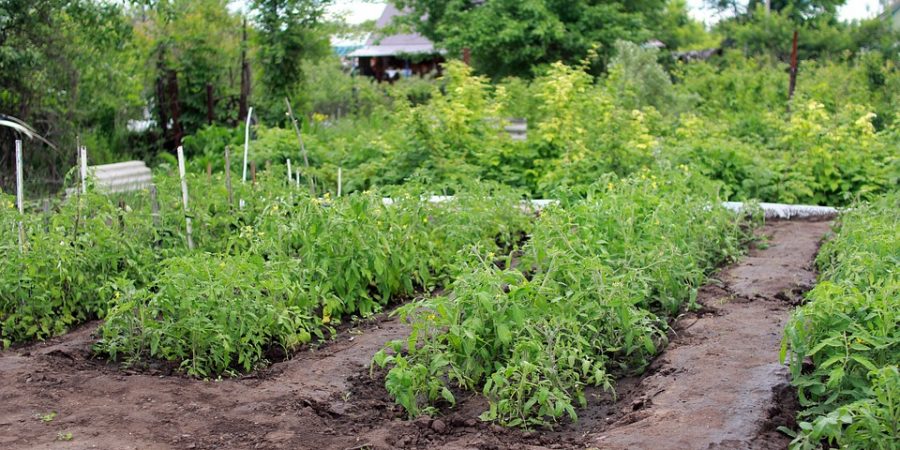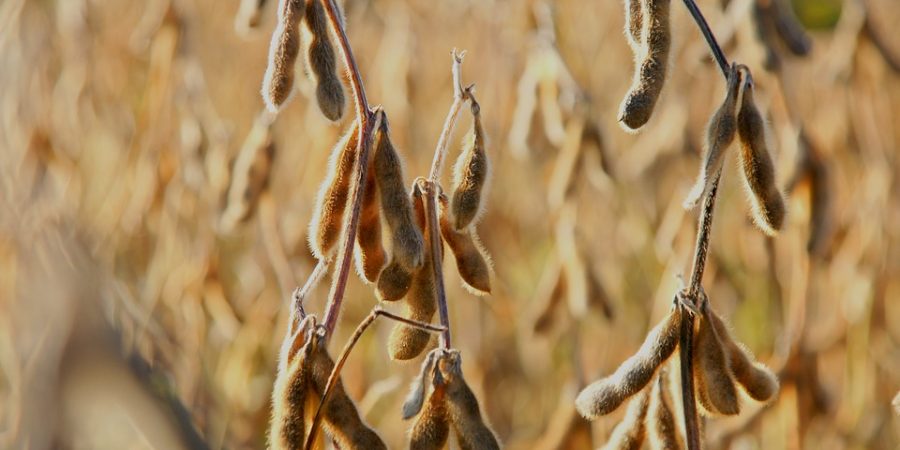Why Chickens Have Combs
If you have ever looked closely at a chicken, one of the first things you notice is the fleshy red crest on top of its head. This is called the comb, and it is not just decoration. The chicken comb plays an important role in temperature regulation, overall health, communication, and even reproduction. This article… Read More Why Chickens Have Combs


